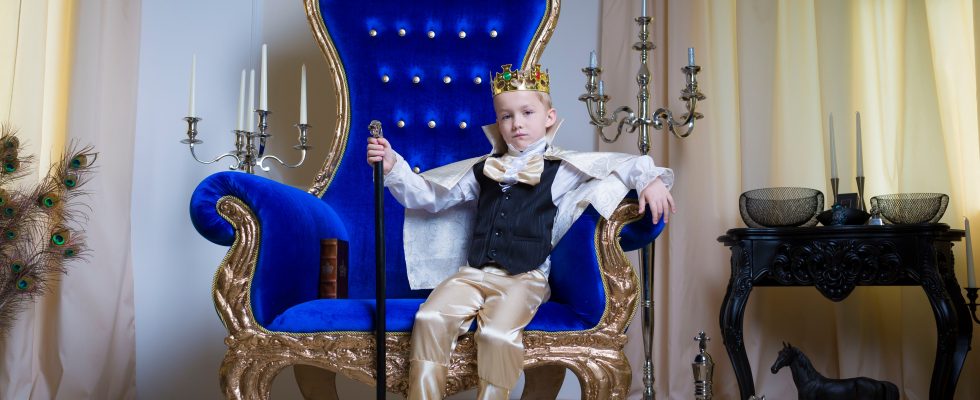At least before, things were clear, and the ideologies put on the table. Liberalism versus Marxism. Aron against Sartre. We fought each other, deploying the arguments of corticated doctrines. But today, it is often more gaseous. The average citizen is not so much the target of ideologies that seek to convince him as the object of beliefs without doctrine. These “positive beliefs”, as the philosopher Marcel Gauchet calls them (because we can clearly see their good intentions in their statements) work in the background, and each produces their equally unarticulated reaction.
So with the angelism of children. The edification of the child into a being endowed with infused goodness and wisdom is a powerful myth, and relatively recent. Where is he from ? This is a (good) question for researchers or historians. Of socialism, which glorified the child as agent of the radiant future of humanity? Contraceptive advances, which have made us – and that’s a good thing! – move from compulsory descent to “the child of the desire for a child”, as the sociologist Paul Yonnet called it? From hyperindividualism extended to parental pride, which makes the flesh of our flesh, necessarily, a little god on earth? In any case, the trend is there, tectonic. It is measured by the length of podcasts specializing in parenting, by the length of advertisements, by vox pops (where children teach adults a lesson), or even by the inflation in the number of education and pedology professionals. .
One of the consequences of this diffuse belief is to consider that the child must be protected as much as possible from coercion or instructions, because the latter would be by nature traumatic or corrupting. As is often the case with excessive ideas, this one has its roots in an evolution of public health mores, called “positive” or even “benevolent” education, which was opposed to harshness, even violence, which was too long tolerated in many homes and institutions. Diverted into excessive drifts, this gives: all frustration is “violence”, and all education a “re-education”. Witness (among a thousand other examples) the recent interview with teacher and essayist Sophie Rabhi-Bouquet in The Obs, where she declared: “Ordinary educational violence begins when the adult thinks he knows better than a child what is good for him.” The very wording of this sentence leaves me speechless. But the success of these kinds of protrusions — and their being taken seriously in public conversation — sometimes makes me think we’re living in a giant, God-initiated “video gag.” Where are the cameras?
The effects of this new wave are numerous. Some child psychiatrists, such as Caroline Goldman, warn of an epidemic of malaise among children in search of a framework, or of the burnout of very many guilt-ridden parents. But there are also political and social consequences to this development. The sociologist and philosopher Jean-Pierre Le Goff is among those who have researched the question the most. “Becoming an adult meant accepting a whole journey that clearly distinguished and respected the different stages of life, marked by rituals that gradually inserted the child into the community, he told me in 2016 in an interview. For Marianne. It is precisely this path that has been undermined in favor of a new conception of childhood and adolescence that has erected these specific stages of life into cultural models of reference. To value children and adolescents by considering them from the outset as adults is not only not to respect the singularity of these stages of life, but it is to ultimately engender ‘badly finished’ adults and irresponsible citizens. .”
In his recent note* which inspired Emmanuel Macron’s release on “decivilization”, political scientist Jérôme Fourquet points to “the advent of the child-king. We install very early in the minds of individuals the idea that they are unique and have many rights, which often introduces a breakdown in the balance between rights and duties and generates a lower psychological capacity to conform to the rules and to accept the different frameworks of authority. also from an early age the subjectivity of individuals, which will then express itself at full speed on social networks.
A paradox, however: the glorification of the child that we have been witnessing for several decades is a completely individualistic and selfish process, which finds no outlet when it comes to collectively seizing politically unacceptable situations. The way the huge problem of school bullying – who caused another suicide recently – or that of the placed children are sub-contracted gives an indication of this. Yet these situations compel us as adults. Let’s stop deifying children privately and failing them politically.
* Posted in Point.
